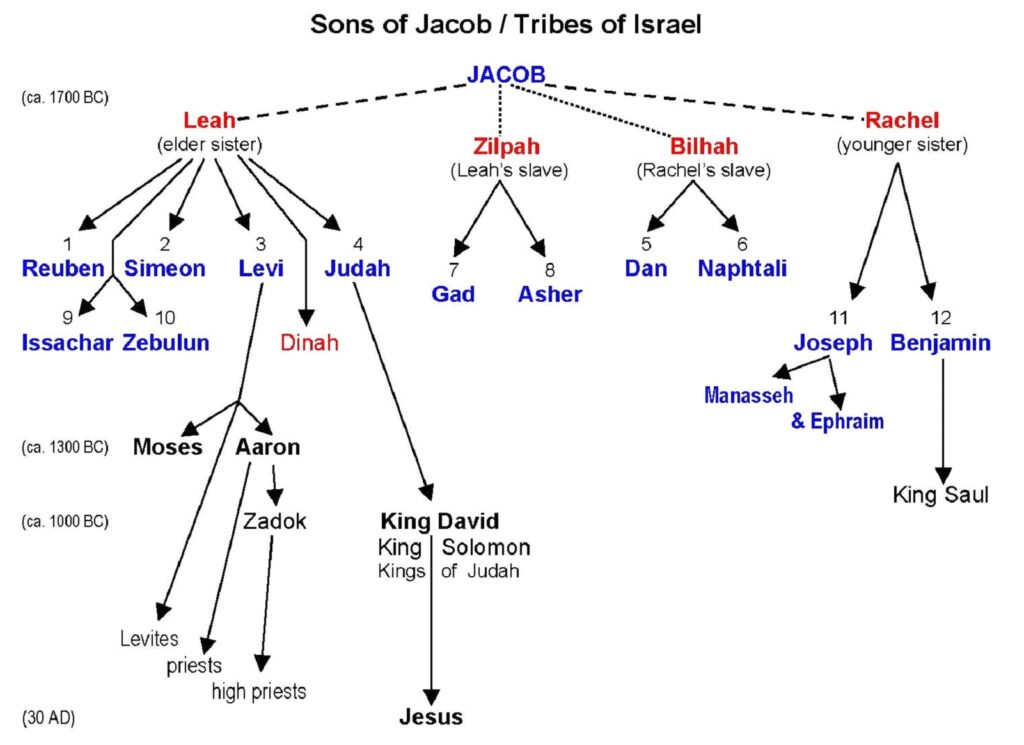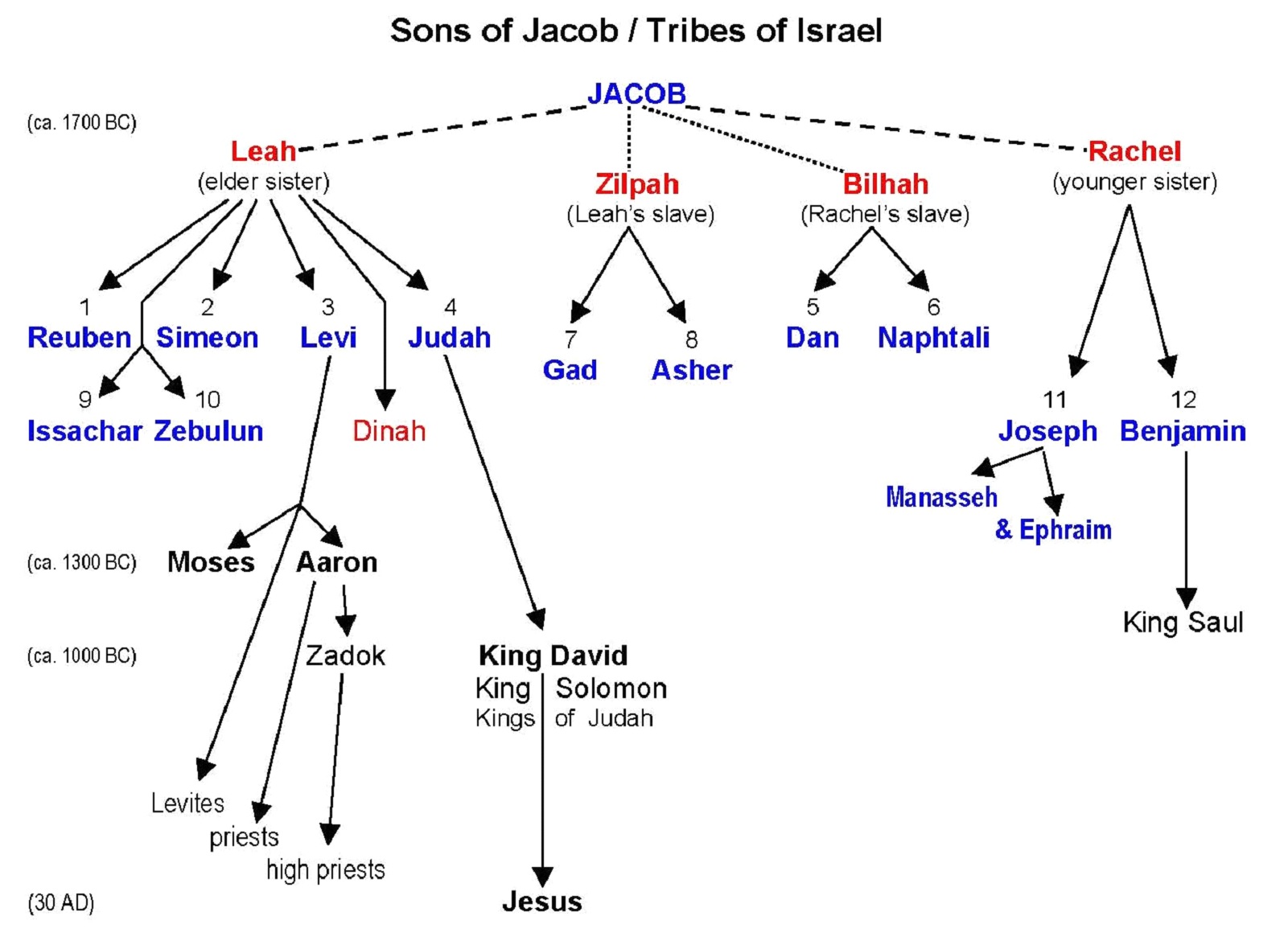
Sons in the Bible: A Comprehensive Exploration of Lineage, Legacy, and Faith
The Bible, a cornerstone of faith and history, is replete with narratives that explore the complexities of human relationships, divine intervention, and the enduring themes of legacy and lineage. Among these, the role of sons in the Bible stands out as a recurring motif, shaping the course of events and influencing the spiritual trajectories of entire generations. From the foundational stories of Genesis to the prophetic pronouncements of the Old Testament and the familial teachings of the New Testament, the concept of sonship carries profound significance.
This article delves into the diverse portrayals of sons in the Bible, examining their roles, responsibilities, and the impact they had on their families, communities, and the broader narrative of salvation history. We will explore examples of faithful sons, rebellious sons, and those who embodied both virtues and flaws, offering a nuanced understanding of the complexities inherent in the father-son dynamic as depicted in scripture. By examining these biblical accounts, we can gain valuable insights into the enduring themes of obedience, inheritance, redemption, and the overarching relationship between humanity and God, often portrayed through the lens of a parent and child.
The Significance of Sonship in Biblical Times
In ancient Near Eastern cultures, including the world of the Bible, the role of a son held immense importance. Sons were not merely offspring; they were inheritors of family names, property, and traditions. The continuity of the family line depended on them, and their actions reflected directly on their fathers’ reputations. This societal context imbued the concept of sonship with significant weight, influencing legal, social, and religious practices. A son in the Bible was expected to honor his father, carry on the family trade, and provide for his parents in their old age. Failure to fulfill these obligations could result in social ostracism or even legal repercussions. [See also: Understanding Biblical Family Structures]
Furthermore, the firstborn son often held a position of particular privilege, receiving a double portion of the inheritance and assuming leadership responsibilities within the family. This tradition, known as primogeniture, is evident in several biblical narratives, highlighting the importance of birth order and the expectations placed upon the eldest son in the Bible.
Notable Sons in the Old Testament
Isaac: The Promised Son
The story of Isaac is perhaps one of the most poignant examples of sonship in the Old Testament. Born to Abraham and Sarah in their old age, Isaac was the fulfillment of God’s promise to make Abraham the father of a great nation. His birth was miraculous, and his life was marked by divine favor. The ultimate test of Abraham’s faith came when God commanded him to sacrifice Isaac as a burnt offering. Abraham’s willingness to obey, coupled with God’s subsequent intervention, underscores the profound significance of Isaac as the promised son in the Bible and the foundation of the covenant between God and Abraham’s descendants.
Jacob: The Deceiver Turned Patriarch
Jacob’s story presents a more complex portrayal of sonship. He was the younger twin who, through deception and cunning, secured the birthright and blessing that rightfully belonged to his older brother, Esau. While his actions were morally questionable, Jacob’s lineage ultimately led to the twelve tribes of Israel, making him a pivotal figure in the history of God’s chosen people. His journey from a deceitful son in the Bible to a patriarch blessed by God highlights the themes of redemption and transformation.
Joseph: The Favored Son
Joseph, the eleventh son of Jacob, was his father’s favorite, a fact that incited jealousy and resentment among his brothers. They eventually sold him into slavery in Egypt, where he endured hardship and imprisonment before rising to a position of power. Joseph’s story is a testament to God’s providence and his ability to use even the most difficult circumstances for good. Ultimately, Joseph forgave his brothers and used his influence to save his family from famine, demonstrating the potential for reconciliation and healing within familial relationships. He embodies resilience as a son in the Bible who overcame adversity.
Absalom: The Rebellious Son
Absalom, the son of King David, stands as a cautionary tale of rebellion and ambition. He harbored resentment towards his father and ultimately led a revolt against him, seeking to usurp the throne. Absalom’s actions brought about immense suffering and ultimately led to his own demise. His story serves as a stark reminder of the destructive consequences of pride, disobedience, and the failure to honor one’s parents. He is a classic example of a problematic son in the Bible. [See also: Consequences of Disobedience in the Bible]
Sons in the New Testament: A New Covenant
Jesus Christ: The Son of God
In the New Testament, the concept of sonship reaches its ultimate fulfillment in Jesus Christ, the Son of God. He is presented as the unique and only begotten Son, sent by the Father to redeem humanity from sin and reconcile them to God. Jesus’ obedience to the Father’s will, even unto death on the cross, is the ultimate expression of filial devotion. Through faith in Jesus Christ, believers are adopted as sons in the Bible and daughters of God, becoming part of his eternal family. This adoption highlights the transformative power of grace and the inclusivity of God’s love.
The Prodigal Son: A Parable of Forgiveness
The parable of the Prodigal Son, found in Luke 15, is a powerful illustration of God’s unconditional love and forgiveness. The younger son squanders his inheritance and descends into a life of debauchery, only to return home in shame and repentance. The father, upon seeing his son, runs to embrace him and throws a lavish celebration in his honor. This parable underscores the boundless compassion of God and his willingness to forgive those who turn to him with a sincere heart. The story focuses on a son in the Bible who is lost and then found.
Sons of Thunder: James and John
James and John, two of Jesus’ closest disciples, were known as the “Sons of Thunder” because of their fiery temperament and zealous devotion. They were among the first apostles called by Jesus and witnessed many of his miracles and teachings. While they sometimes struggled with pride and ambition, their loyalty to Jesus was unwavering, and they played a significant role in the early church. Their story exemplifies the process of spiritual growth and the transformation that can occur through discipleship.
Lessons Learned from Sons in the Bible
The stories of sons in the Bible offer a wealth of insights into the complexities of human relationships, the challenges of faith, and the enduring power of redemption. They remind us of the importance of honoring our parents, upholding our responsibilities, and seeking reconciliation when relationships are broken. They also highlight the consequences of disobedience, pride, and the pursuit of selfish ambition. Through these narratives, we gain a deeper understanding of God’s character, his unwavering love, and his desire to restore us to wholeness.
Furthermore, the concept of adoption into God’s family through faith in Jesus Christ provides a profound sense of belonging and purpose. We are no longer merely creatures of the earth but are elevated to the status of sons in the Bible and daughters of the King, inheriting the promises of eternal life and a relationship with the divine. This understanding transforms our perspective and empowers us to live lives of meaning and significance.
In conclusion, the diverse portrayals of sons in the Bible offer a rich tapestry of human experience, reflecting the joys, sorrows, triumphs, and failures that are inherent in the human condition. By studying these narratives, we can gain valuable insights into the timeless themes of lineage, legacy, and faith, and apply these lessons to our own lives. The Bible’s exploration of the father-son dynamic continues to resonate today, offering guidance and inspiration for building strong families, fostering healthy relationships, and deepening our connection with God. [See also: The Importance of Family in Biblical Teachings]

